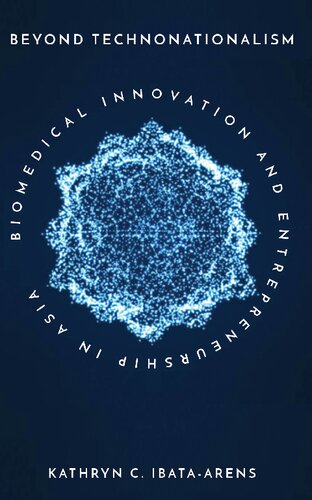

Most ebook files are in PDF format, so you can easily read them using various software such as Foxit Reader or directly on the Google Chrome browser.
Some ebook files are released by publishers in other formats such as .awz, .mobi, .epub, .fb2, etc. You may need to install specific software to read these formats on mobile/PC, such as Calibre.
Please read the tutorial at this link: https://ebookbell.com/faq
We offer FREE conversion to the popular formats you request; however, this may take some time. Therefore, right after payment, please email us, and we will try to provide the service as quickly as possible.
For some exceptional file formats or broken links (if any), please refrain from opening any disputes. Instead, email us first, and we will try to assist within a maximum of 6 hours.
EbookBell Team

0.0
0 reviewsThe biomedical industry, which includes biopharmaceuticals, genomics and stem cell therapies, and medical devices, is among the fastest growing worldwide. While it has been an economic development target of many national governments, Asia is currently on track to reach the epicenter of this growth. What accounts for the rapid and sustained economic growth of biomedicals in Asia?
To answer this question, Kathryn Ibata-Arens integrates global and national data with original fieldwork to present a conceptual framework that considers how national governments have managed key factors, like innovative capacity, government policy, and firm-level strategies. Taking China, India, Japan, and Singapore in turn, she compares each country's underlying competitive advantages. What emerges is an argument that countries pursuing networked technonationalism (NTN) effectively upgrade their capacity for innovation and encourage entrepreneurial activity in targeted industries. In contrast to countries that engage in classic technonationalism―like Japan's developmental state approach―networked technonationalists are global minded to outside markets, while remaining nationalistic within the domestic economy.
By bringing together aggregate data at the global and national level with original fieldwork and drawing on rich cases, Ibata-Arens telegraphs implications for innovation policy and entrepreneurship strategy in Asia―and beyond.